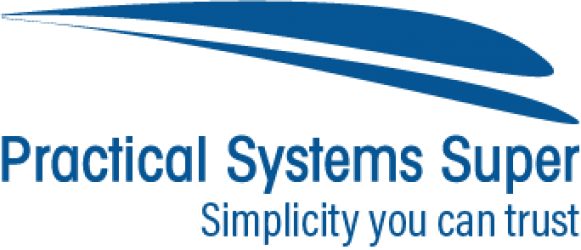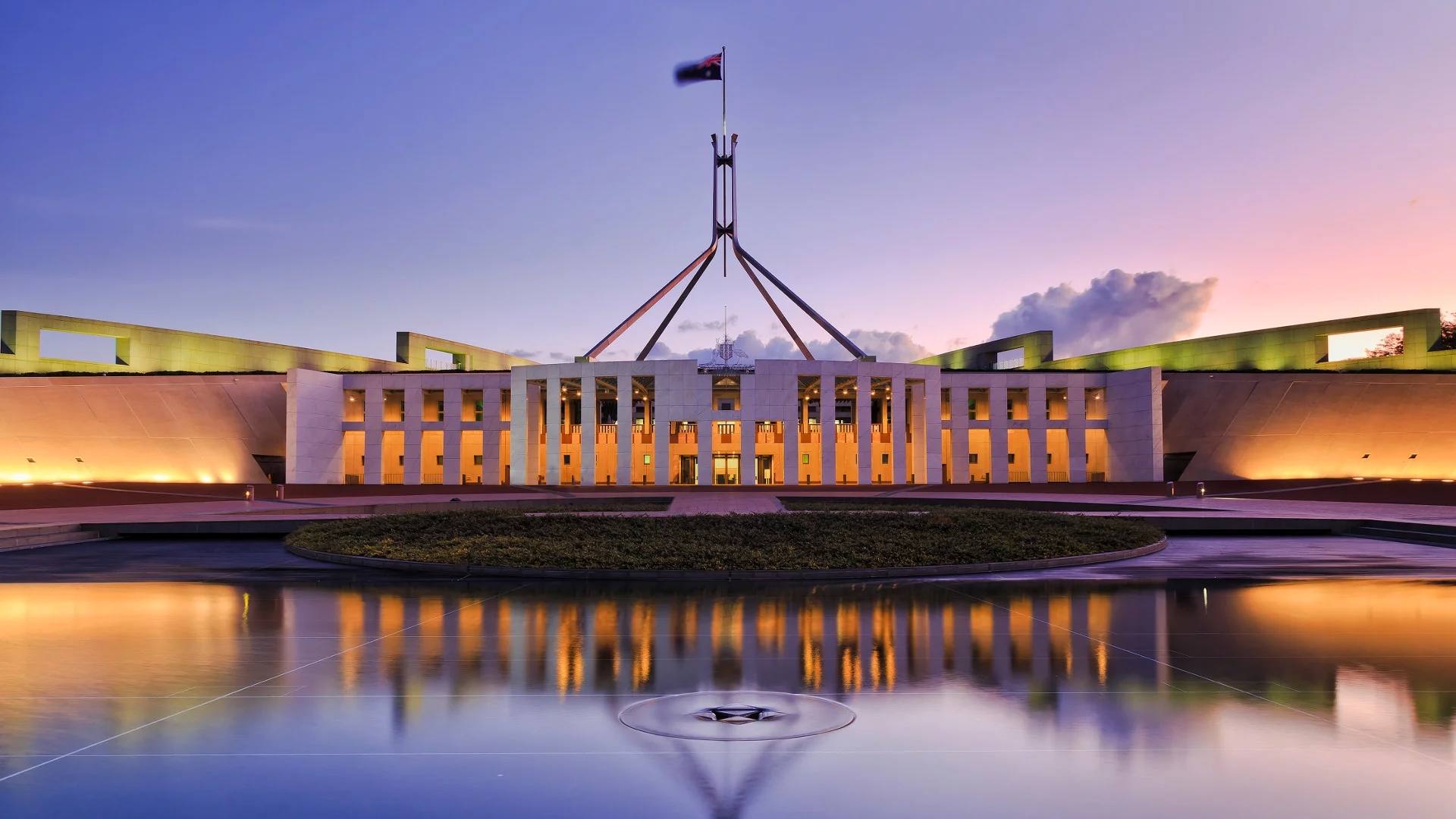The measures to extend the bring-forward age up to 67 and the bill to increase the number of members allowed in an SMSF have passed both houses of Parliament.
On Thursday, both the Treasury Laws Amendment (Self-Managed Superannuation Funds) Bill 2020 and the Treasury Laws Amendment (More Flexible Superannuation) Bill 2020 passed through the House of Representatives and the Senate.
The bring-forward measures will amend the Income Tax Assessment Act 1997 to enable individuals aged 65 and 66 to make up to three years of non-concessional superannuation contributions under the bring-forward rule.
Previously, members under age 65 at any time in a financial year may effectively bring forward up to two years’ worth of non-concessional cap for that income year, allowing them to contribute a greater amount up to $300,000 without exceeding their non-concessional cap.
This is known as the “bring-forward rule”. The number of years that may be brought forward into the current financial year is determined by the member’s total superannuation balance at 30 June 2019.
This bill would amend sub-section 292-85(3)(c) of the Income Tax Assessment Act 1997 to allow the bring-forward rule to be used by members under age 67 at any time in a financial year. This amendment would be effective from 1 July 2020 onwards.
This initiative is implemented through three changes where the age at which the work test starts to apply for voluntary concessional and non-concessional superannuation contributions is increased from 65 to 67, the cut-off age for spouse contributions is increased from 70 to 75 and enabling individuals aged 65 and 66 to make up to three years of non-concessional superannuation contributions under the bring-forward rule.
Upon passing the bill, the government had also agreed to two One Nation amendments.
Amendments made by Pauline Hanson’s One Nation party included the removal of excess concessional contributions charge from 1 July 2021 and no deductions for recontributions of amounts withdrawn under COVID-19 early release, where recontribution is made from 1 July 2021 to 30 June 2030.
The removal of excess concessional contributions charge removes the application of an excess concessional contribution charge that applies to any additional tax liabilities that arise due to a member exceeding their concessional contributions in a year, according to Colonial FirstTech.
Meanwhile the re-contribution of COVID 19 early release amounts, would allow a member that released amounts from superannuation under the COVID 19 early release rules to recontribute those amounts without counting towards the non-concessional cap. The amendment also confirmed they cannot be claimed as a tax deduction.
CPA Australia external affairs manager Jane Rennie said allowing members to re-contribute COVID-released super savings will help restore their long-term financial security and mean they are less dependent on government support in retirement.
Another proposed amendment would also increase the cap at which a 15 per cent concessional tax rate applies to superannuation contributions by $5,000 to $32,500 for people aged 67. The cap then increases by $5,000 a year each year until a person turns 71, however this proposal was rejected by the government.
Meanwhile, the six-member bill amends the SIS Act, Corporations Act, ITAA 1997 and SUMLMA to increase the maximum number of allowable members in SMSFs from four to six. This bill also amends provisions that relate to SMSFs and small APRA funds.
These amendments ensure continued alignment with the increased maximum number of members for SMSFs.
The Government said increasing the allowable size of these funds increases choice and flexibility for members. SMSFs are often used by families as a vehicle for controlling their own superannuation savings and investment strategies.
For families with more than four members, currently the only real options are to create two SMSFs (which would incur extra costs) or place their superannuation in a large fund. This change will help large families to include all their family members in their SMSF.
The SMSF Association in its Twitter update that whilst it doesn’t expect this change will lead to a significant increase in the number of SMSFs being established, it will provide greater investment flexibility, choice and lower fees for those in a position to utilise it.
The expansion of members creates different strategic considerations that can be both positive and negative for SMSFs, and preparation will be needed to see if the changes will be a good fit for the SMSF, according to technical specialists.
The amendments apply from the start of the first quarter that commences after the act receives royal assent.
Source: SMSF Adviser

